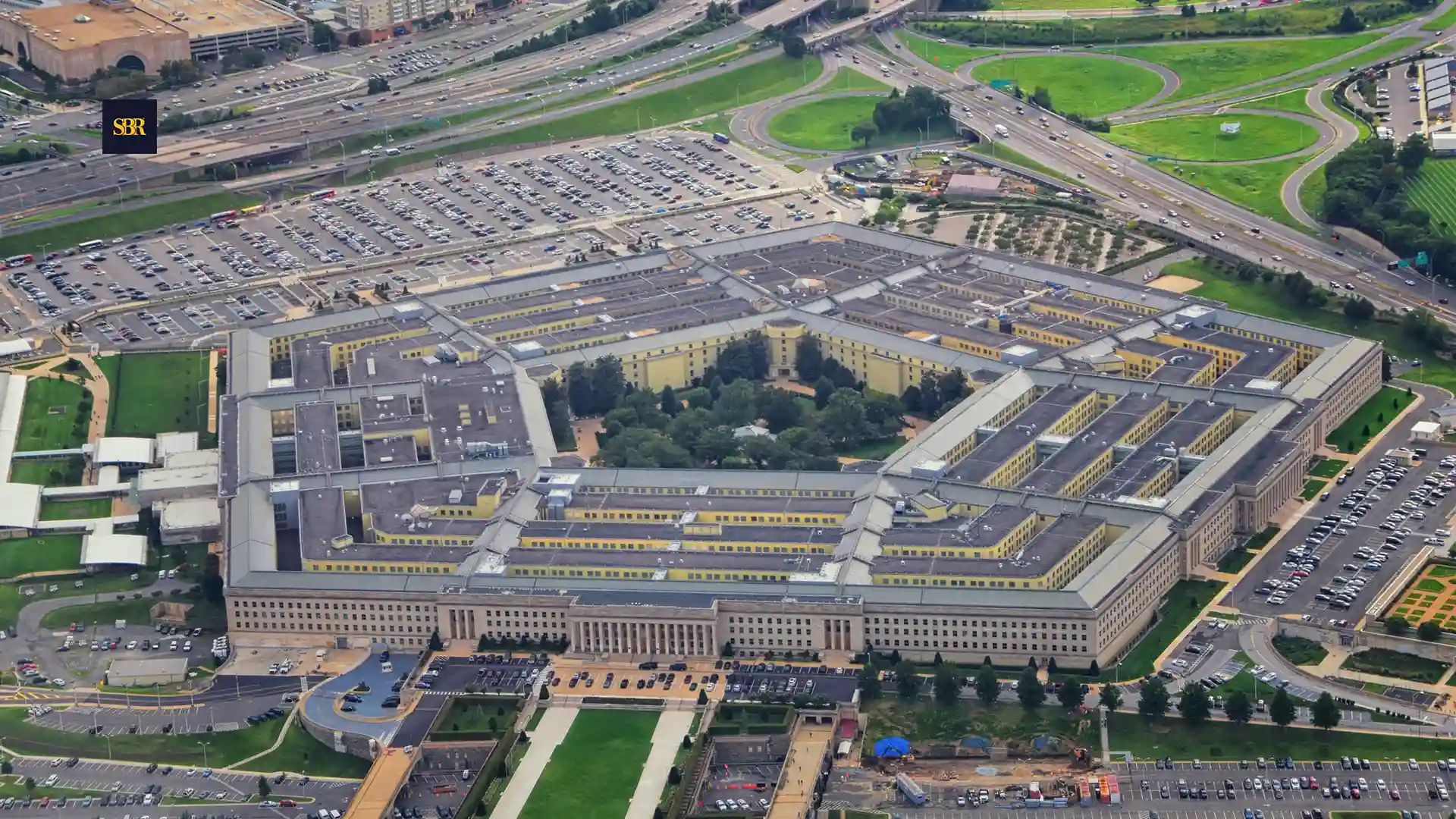WASHINGTON, June 4, 2025 — Alarm over China’s stranglehold on critical minerals escalated Tuesday as global automakers joined their U.S. counterparts to warn that China’s export restrictions on rare earth alloys and magnets could soon lead to production delays and shutdowns without swift intervention.
German manufacturers became the latest to voice concern, following similar statements last week from an Indian electric vehicle maker. China’s April decision to suspend the export of key minerals and components used in everything from automobiles and semiconductors to military hardware has disrupted supply chains around the world.
The move has highlighted Beijing’s dominance over critical raw materials and is widely interpreted as leverage in its ongoing trade conflict with U.S. President Donald Trump. The administration has responded with escalating tariffs—some reaching as high as 145%—only to scale them back amid market instability.
China’s restrictions are part of a broader retaliatory posture, aimed at countering U.S. pressure and reinforcing its own strategic influence in global manufacturing.
President Trump and Chinese President Xi Jinping are expected to hold discussions this week, White House spokeswoman Karoline Leavitt said Tuesday. The rare earths issue will be a top priority. “I can assure you that the administration is actively monitoring China's compliance with the Geneva trade agreement,” Leavitt said.
Shipments of rare earth magnets—vital components in electric vehicles, drones, robotics, and missile systems—have been halted at Chinese ports as licensing applications face delays. The uncertainty has prompted urgent diplomatic engagement across Europe, Japan and India.
“If the situation is not changed quickly, production delays and even production outages can no longer be ruled out,” said Hildegard Mueller, president of the German Association of the Automotive Industry.
In the United States, the Alliance for Automotive Innovation, representing General Motors, Toyota, Volkswagen, Hyundai, and others, wrote to the Trump administration in May warning that component shortages could jeopardize production of essential automotive parts including motors, transmissions, sensors and power steering systems.
India’s Bajaj Auto has also raised alarms, noting that its EV production could be “seriously impacted” by prolonged delays. Indian government officials are coordinating a delegation of auto executives to Beijing within weeks to seek expedited approvals.
Meanwhile, a Japanese business delegation is scheduled to meet with China’s Ministry of Commerce in early June. European diplomats from countries with significant automotive sectors have also requested emergency consultations with Beijing.
Frank Fannon, a former U.S. assistant secretary of state for energy resources, said the disruption is unsurprising. “We have a production challenge in the U.S. and we need to leverage our whole-of-government approach to secure resources and ramp up domestic capability,” he said. “The time horizon to do this was yesterday.”
With summer approaching and global supplies constrained, automakers and government officials are under increasing pressure to resolve the standoff—and to reduce long-term reliance on China’s mineral exports.
If the situation is not changed quickly, production delays and even production outages can no longer be ruled out.

















